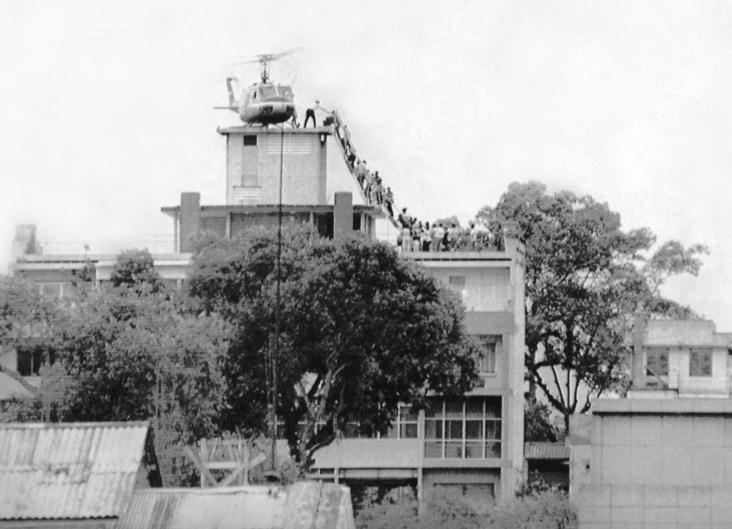What We're Reading This Week

Credit: Hubert Van Es—UPI/Newscom via Britannica.com
Kristie Flannery, Australian Catholic University
Keisha N. Blain, Emily Prifogle, and Karin Wulf, Women Also Know History
A new academic year is a good time to explore the wonderful Women Also Know History website. The site, created by Professors Keisha N. Blain, Emily Prifogle, and Karin Wulf, hosts a database of women historians searchable by their area of expertise. We strongly encourage readers to use this resource to discover the cutting-edge work of women in global history and to invite these colleagues to feature on interviews and be part of your conference panels, workshops, and other special projects. If you are not already listed, women historians can easily create a profile on the website.
Philippa Carter, “Losing Minds,” History Workshop
Philippa Carter’s History Workshop blog post explores 21st-century and 17th-century women’s parallel experiences of postpartum psychosis and ponders how historians might use women’s recent reflections on mental health crises to better understand the experiences of women hundreds of years in the past. This post accompanies Philippa Carter’s recent article “Childbirth, ‘Madness’, and Bodies in History” in History Workshop Journal issue 91, which is currently free to access.
The William & Mary Quarterly published an excellent series of short essays exploring Vast Early America in its April 2021 issue. This is a great starting point for exploring the global turn in early American history.
Joseph Satish, University of Hyderabad
Science Gallery Bengaluru, Contagion
Contagion is an online exhibition hosted by Science Gallery Bengaluru. It “shares a multiplicity of voices and perspectives—contemporary and historic, artistic and scientific, individual and collective—to support better understanding” of the Covid-19 pandemic.
Arjun Srinivas and Pooja Rao, “Planning Bangalore: The colonial legacy of discriminatory housing", The India Forum
The authors report that historical “‘improvement’ measures in Bangalore pushed the poor, the subordinated castes, and the working classes to the edges of planned development.” They analyze how “the city’s layout continues to reflect these inequalities.”
Wade Roush, “The Surprisingly Long History of Speculation About Extraterrestrials,” The Wire
The author explains that “the idea that there might be other beings in the sky is not a recent phenomenon but has its first protoscientific roots in Greece in the sixth century BC.”
Nicholas Sy, University of the Philippines Diliman
Ana Maria Silva Campo,“Fragile fortunes: Afrodescendant women, witchcraft, and the remaking of urban Cartagena,” Colonial Latin American Review
Silva uses 17th-century confiscation records to show the participation of Afrodescendant women in Cartagena’s urban microeconomy and how the Inquisition’s seizures and auctions of redistributed their property to local buyers.
Al Jazeera, “‘This is not Saigon’: Blinken defends US evacuations from Kabul”
As America’s empire contracts, its local allies are forced to evacuate.
Maestro Cinetik and Le Visiteur, “Dates: Demo and Steam early access plans”
Developers of Rise of the White Sun, “a game about shady political intrigues in Republican China” of the 1920s and 1930s, announce plans to release their program on Steam in December.